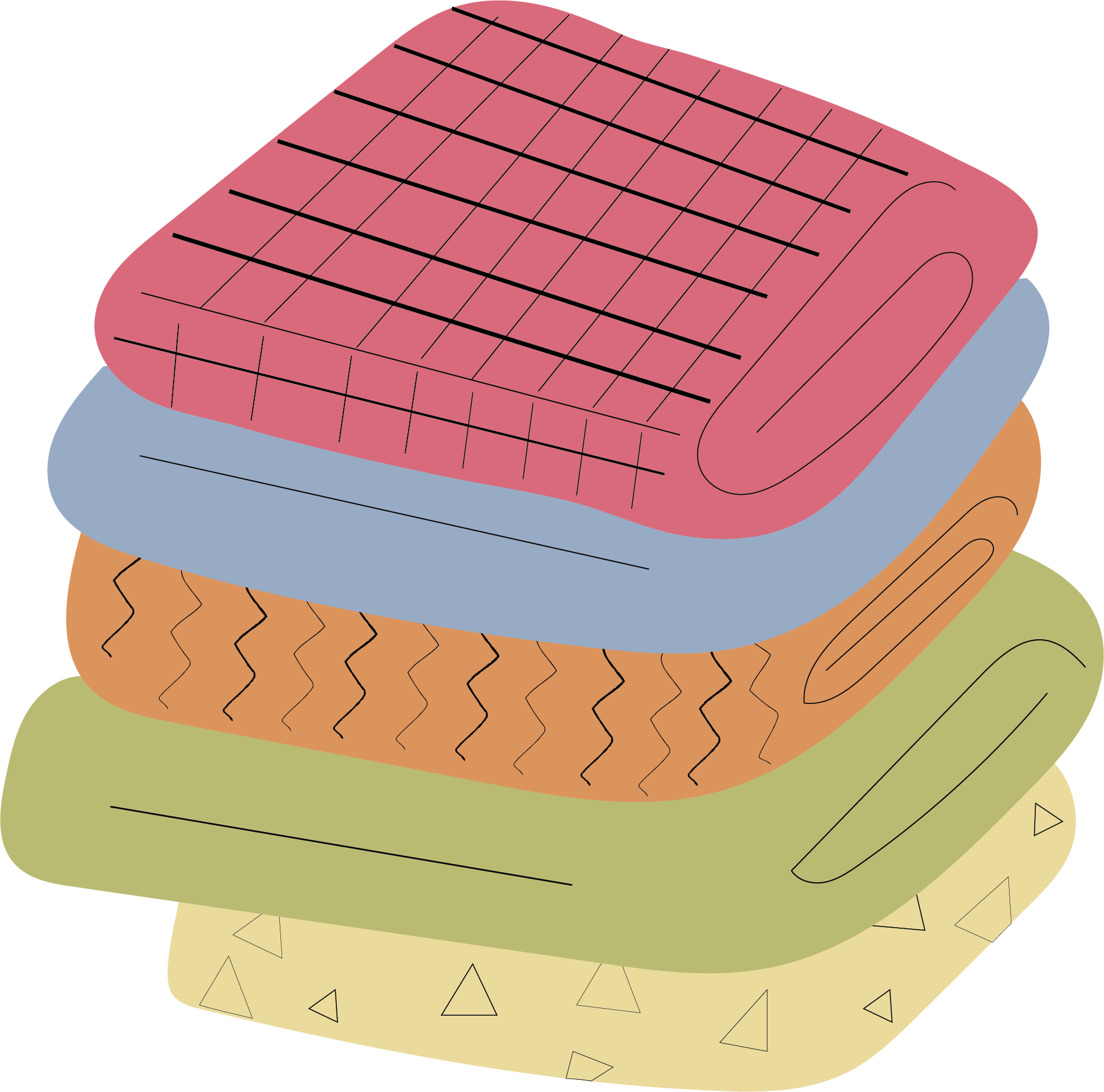Compared to other community hospitals, the neonatal intensive care unit (NICU) at Grand River Hospital (GRH) is a busy one.
Emily Fenske is the clinical manager of the children’s program at the hospital — which includes the NICU, the inpatient pediatric unit, and the outpatient pediatric clinic. MISSING THE NUTGRAF Fenske said there are approximately 900 admissions each year, 800 of which are born at GRH, while 100 others are born elsewhere and brought to GRH after birth. The high number of patients also means linens see heavy use and often need to be replaced.
In the past, the hospital has relied on donations from families who have spent time in the NICU, as well as local parenting groups. Fenske said one NICU nurse took the lead
on coordinating donations in the past. But lately, staff have been communicating that there is an immediate need. The condition of the current supply of linens is poor.
That need prompted Fenske to think of a creative way to coordinate community donations on a larger scale.
“I find that unless you had the services, or know somebody who’s had to use our services, you don’t really know what [the] NICU is,” she said.
She decided to organize a donation drive on a larger scale to help raise awareness around the children’s program. While Fenske is currently collecting flannel, she hopes the drive will highlight some of the other needs and programs the NICU offers.
After discussing the project with her family, Fenske’s sister-in-law, a graphic designer, created posters for the drive. Her sister-in-law also approached Gifted in uptown Waterloo to see if they were interested in becoming a drop-off location. Sylvia Horn, the shop’s owner, said helping was an easy decision.
Gifted had previously helped with a diaper drive for the old Monica Place location. Horn said the response was incredible and Gifted ended up delivering three carloads worth of items.
“It made me…clue into the fact that people love to donate. They’re totally willing and able to donate. But they don’t always know about the need,” Horn said.
She realized she could use Gifted’s platform to raise awareness and also act as a convenient drop-off location. Horn said the feedback from customers has been overwhelmingly positive.
“A lot of people have said…‘I want to make sure I can make some more blankets before the drive is done,’ so I don’t really have an end date on it right now,” Horn said. “They want time to be able to make them, which is really, really lovely.”
Many customers have shared heartwarming stories of their connections to the NICU as well. Horn said she feels the drive hits close to home for a lot of people in the community who have had to access NICU services.
Fenske has already collected three large pickups at the location. She said the majority of those donations have remained in the NICU, but larger blankets have been distributed to others who need them.
While muslin or light flannel blankets made from natural fibers in a typical swaddle size are ideal, Fenske said larger blankets may be sent to the pediatrics unit for older infants or toddlers. The NICU occasionally provides items to newcomers to the region who may not have the means to purchase baby items of their own yet.
“We do what we can to help support them in their transition to parenthood and transition to living in our community as well,” Fenske said.
Those looking to support the children’s program who may not have access to blankets for donations can assist in other ways through the Care Never Stops Foundation, which includes a milk donor program, book donations for the Biblio Take literacy program, and monetary donations for medical equipment. The NICU also collects baby onesies with snap enclosures.
Fenske said there is a deeper meaning behind the donations. It’s about creating a welcoming environment for families in the NICU.
“It’s super stressful [for parents] to have a baby in the NICU, but they did still have a baby. And that is super exciting,” she said.
The items help parents celebrate milestones like moving their baby from an isolette to a cot or getting their child dressed.
“It helps the families to focus on their baby, rather than focusing on all the medical equipment,” Fenske said.
“[We try to] make their stay as positive as possible, given that this is typically not at all what they expected, and very far from their birth plan.”




Leave a Reply